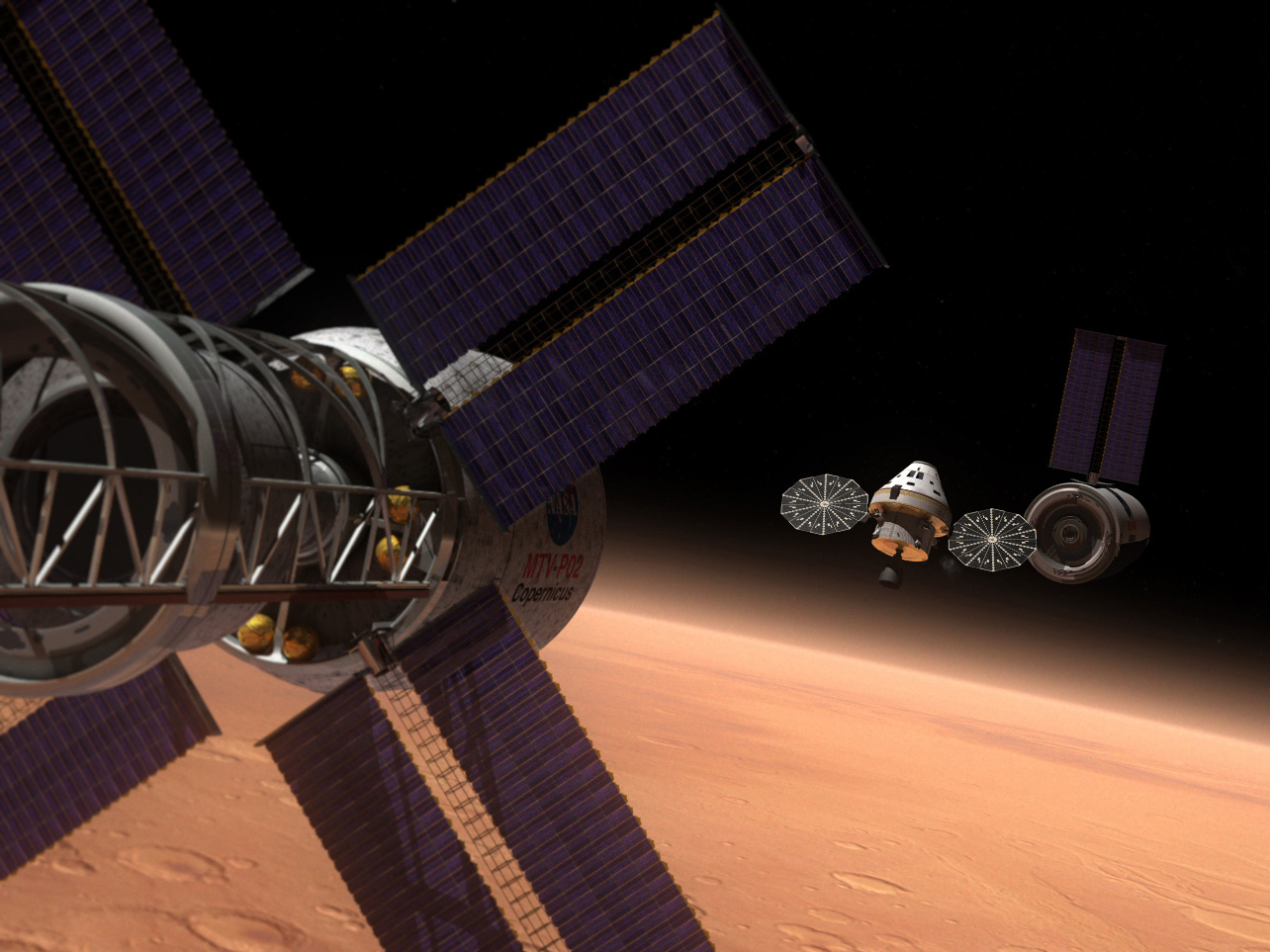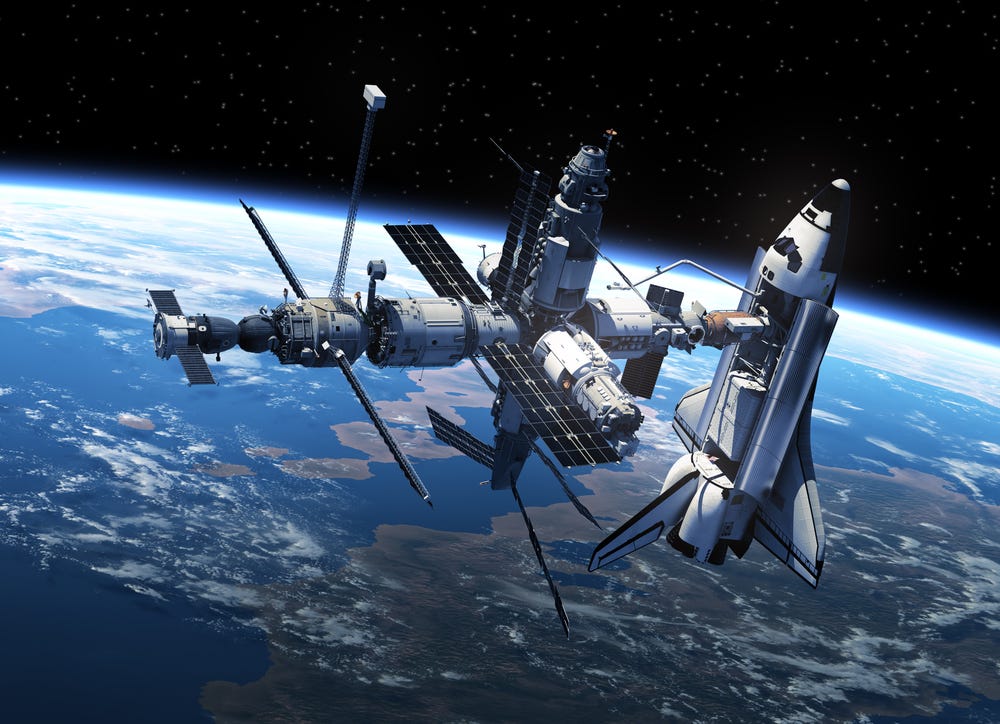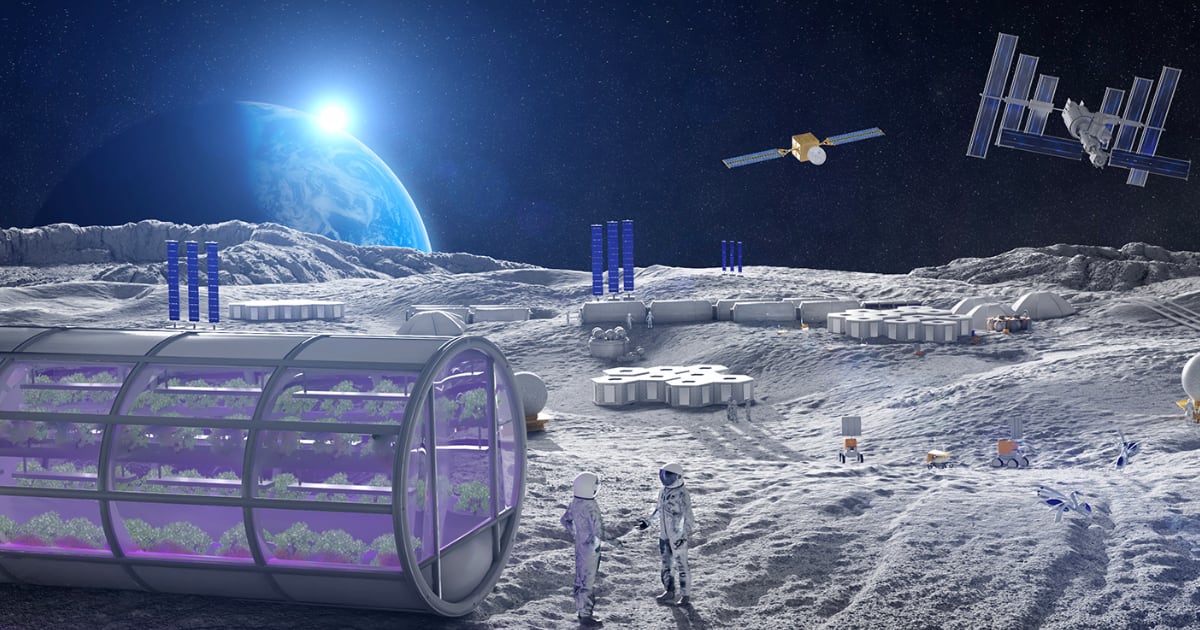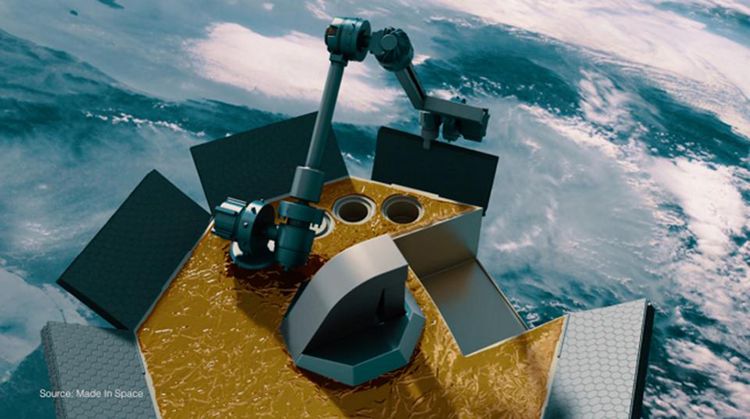The Future of Space Exploration: Unlocking the Potential of Cargo Space in 2025
The Future of Space Exploration: Unlocking the Potential of Cargo Space in 2025
Introduction
With great pleasure, we will explore the intriguing topic related to The Future of Space Exploration: Unlocking the Potential of Cargo Space in 2025. Let’s weave interesting information and offer fresh perspectives to the readers.
Table of Content

The Future of Space Exploration: Unlocking the Potential of Cargo Space in 2025
The year 2025 is rapidly approaching, and with it, a new era of space exploration is set to unfold. Central to this exciting future is the burgeoning field of cargo space, a critical element for enabling ambitious missions and scientific endeavors beyond Earth.
The Rise of Space Cargo
Space exploration has historically focused on human missions, but the landscape is shifting. The demand for dedicated cargo space is increasing exponentially, driven by a confluence of factors:
- Scientific Advancements: The pursuit of scientific knowledge fuels the need for transporting sophisticated instruments, telescopes, and experimental materials to space.
- Commercial Space Industry: Private companies are developing innovative technologies and launching commercial ventures in space, necessitating reliable and cost-effective cargo transportation.
- Space Tourism: The emergence of space tourism requires dedicated cargo space for transporting passengers and their belongings.
- Satellite Deployment: The expanding network of satellites for communication, Earth observation, and navigation demands efficient cargo delivery systems.
2025: A Turning Point for Space Cargo
2025 marks a significant milestone in the development of space cargo capabilities. Several factors contribute to this:
- Technological Advancements: Innovations in rocket propulsion, spacecraft design, and reusable launch systems are driving down the cost and increasing the reliability of cargo transport.
- Growing Infrastructure: The establishment of spaceports and launch facilities worldwide is expanding the network for cargo delivery, facilitating access to space.
- International Collaboration: Global partnerships are fostering collaboration and resource sharing, accelerating the development of space cargo infrastructure.
Benefits of Dedicated Cargo Space
The availability of dedicated cargo space offers numerous benefits:
- Increased Efficiency: By separating cargo from human missions, space agencies and commercial entities can optimize mission profiles and reduce operational costs.
- Enhanced Safety: Dedicated cargo spacecraft can be designed and tested specifically for transporting sensitive payloads, ensuring the safety of valuable scientific instruments and other materials.
- Expanded Capabilities: The ability to transport larger and heavier payloads opens up new possibilities for scientific research, commercial ventures, and infrastructure development in space.
- Sustainable Space Exploration: Dedicated cargo space allows for the transportation of materials for constructing and maintaining space infrastructure, promoting sustainable and long-term exploration.
Challenges and Opportunities
While the future of space cargo is promising, several challenges remain:
- Technological Complexity: Developing reliable and cost-effective cargo spacecraft requires significant technological advancements.
- Regulatory Framework: Establishing clear regulatory frameworks for space cargo operations is essential for safety and responsible utilization of space.
- Environmental Considerations: Minimizing the environmental impact of space launches and ensuring responsible disposal of cargo debris are crucial.
However, these challenges also present opportunities:
- Innovation and Development: The need to overcome these obstacles will drive further innovation in space technology.
- Economic Growth: The development of the space cargo industry will create new jobs and stimulate economic growth.
- Global Cooperation: Addressing these challenges requires international collaboration and shared responsibility for the sustainable use of space.
FAQs about Space Cargo in 2025
1. What types of cargo will be transported to space in 2025?
The types of cargo transported to space in 2025 will be diverse and include:
- Scientific Instruments: Telescopes, probes, and other instruments for scientific research.
- Experimental Materials: Materials for conducting experiments in microgravity and space environments.
- Construction Materials: Components for building space infrastructure, such as habitats and research stations.
- Supplies: Food, water, and other supplies for astronauts and space travelers.
- Satellites: Communication, navigation, and Earth observation satellites.
- Commercial Products: Products for use in space, such as pharmaceuticals and materials for manufacturing.
2. How will cargo be transported to space?
Cargo will be transported to space using various methods, including:
- Reusable Launch Vehicles: Spacecraft designed for multiple launches, reducing the cost of cargo transport.
- Dedicated Cargo Spacecraft: Spacecraft specifically designed for transporting large payloads.
- Small Satellite Launchers: Launch vehicles optimized for deploying small satellites.
3. What are the safety considerations for space cargo?
Safety is paramount in space cargo operations. Key considerations include:
- Payload Protection: Designing cargo spacecraft to protect sensitive payloads from environmental hazards.
- Launch and Landing Safety: Ensuring the safe launch and landing of cargo spacecraft.
- Orbital Debris Mitigation: Minimizing the risk of collisions with space debris.
4. What are the environmental impacts of space cargo?
Space cargo operations can have environmental impacts, including:
- Atmospheric Pollution: Emissions from launch vehicles.
- Space Debris: The potential for debris from spacecraft and rockets to remain in orbit.
- Light Pollution: The impact of bright lights from spacecraft on astronomical observations.
5. What are the future prospects for space cargo?
The future of space cargo is bright, with potential for:
- Expansion of Space Infrastructure: Transporting materials for building and maintaining space infrastructure.
- Increased Commercial Activity: Growth in space tourism and other commercial ventures.
- Scientific Discoveries: Enabling ambitious scientific missions and discoveries.
Tips for Engaging with Space Cargo Developments
- Stay Informed: Follow news and developments in the space cargo industry.
- Support Space Exploration: Advocate for funding and support for space exploration initiatives.
- Educate Others: Share your knowledge about space cargo and its importance.
Conclusion
The future of space exploration is intricately linked to the development of dedicated cargo space. As technology advances and infrastructure expands, the potential for scientific discovery, commercial innovation, and human expansion beyond Earth will grow exponentially. By embracing the challenges and opportunities presented by this burgeoning field, we can unlock the vast potential of space cargo and pave the way for a new era of exploration and discovery.








Closure
Thus, we hope this article has provided valuable insights into The Future of Space Exploration: Unlocking the Potential of Cargo Space in 2025. We hope you find this article informative and beneficial. See you in our next article!